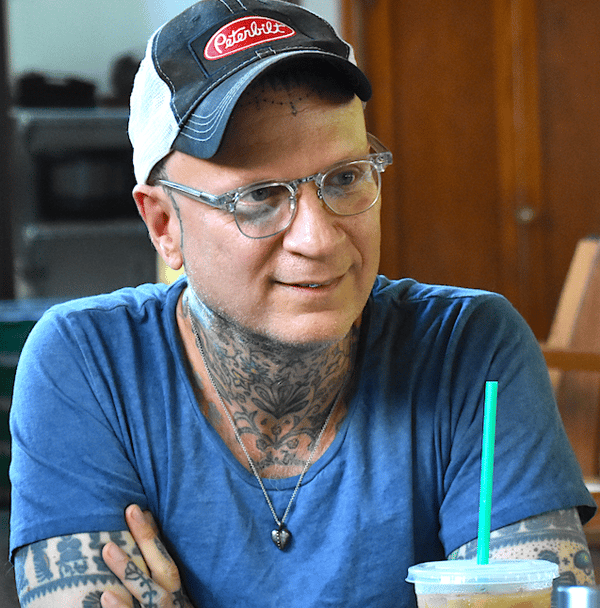Oceanic Boundless: Achieving Transformative, Mind-Expanding Altered States of Consciousness in Meditation
Dharmapunx NYC
josh korda
4.8 • 886 Ratings
🗓️ 16 September 2021
⏱️ 61 minutes
🧾️ Download transcript
Summary
Transcript
Click on a timestamp to play from that location
| 0:00.0 | In 1901, the founder of certainly American psychology, William James, |
| 0:10.3 | brother of the novelist Henry James. |
| 0:13.0 | He noted that in one of his seminal works, |
| 0:19.0 | essentially trans mundane mental states in spiritual practice were pragmatic and beneficial. |
| 0:28.0 | Essentially normal waking rational consciousness for William James was just one of many forms of consciousness that there were entirely different forms of consciousness |
| 0:42.0 | of consciousness other states of trans mundane awareness were in many ways more beneficial at times than what we consider run-of-the-mill mundane consciousness, he said that when we achieved |
| 0:59.2 | a wider sense of perception, letting go of our personal interests |
| 1:06.3 | and the surrender of egoic control |
| 1:09.0 | that there was, in his words, an immensolation |
| 1:12.2 | and freedom that occurs when the confining sense of selfhood melts down. |
| 1:20.0 | It's truer, he than rational thought and since then people in the West such as Hermann Hess and many others noted that there was much to be gained by achieving altered states. |
| 1:40.0 | Today we know that mundane run-of-the-mill consciousness is predominantly left hemisphere |
| 1:48.4 | dominant. Left brain circuits narrowly focus attention on very predetermined goals such as how am I going to get me some food tools, |
| 2:02.0 | tools, shelters, mate, and the left brain is very abstract, |
| 2:10.0 | very focused on the inner voice, which thought that it adds to experience as a way to |
| 2:18.9 | represent life in terms of both a narrative that we can tell and it creates a sense of self that's |
| 2:29.6 | distinct from everyone else. It emphasizes our differences from other people and it |
| 2:36.9 | creates a sense that one's self is entirely wrapped up in our heads, not with any connection to our body. |
| 2:46.0 | And as Evan Thompson at the University of British Columbia says ordinary experiences infused with a sense of mineness. |
| 2:59.2 | All thought, all emotion, all sensations, and all perceptions are experienced as belonging to oneself. So it is an ego-centric in that sense, not ego in the sense of we currently we sometimes use it as like grandiosity. |
| 3:18.8 | It's not it's just egocentric in the terms of we view everything we experience in terms of how it relates to me, how it's mine, how I feel about it, and so forth. |
| 3:31.0 | Well, the non-dominant in most people's cases the right hemisphere of the brain has |
... |
Please login to see the full transcript.
Disclaimer: The podcast and artwork embedded on this page are from josh korda, and are the property of its owner and not affiliated with or endorsed by Tapesearch.
Generated transcripts are the property of josh korda and are distributed freely under the Fair Use doctrine. Transcripts generated by Tapesearch are not guaranteed to be accurate.
Copyright © Tapesearch 2025.

